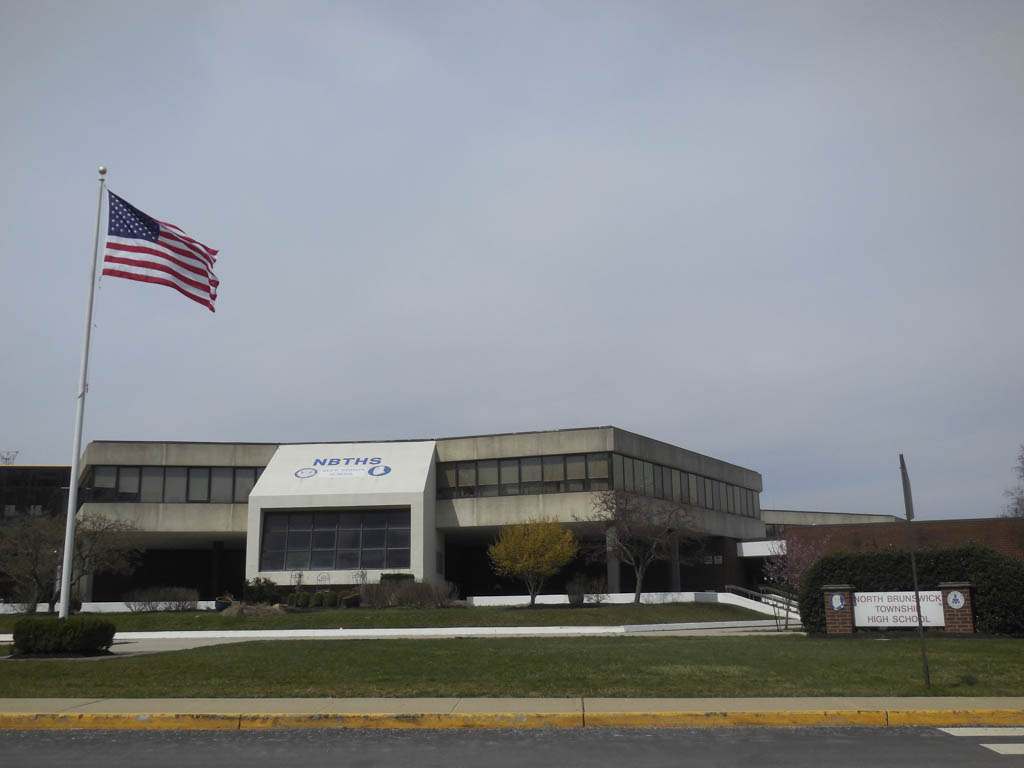NORTH BRUNSWICK – Increased costs to the North Brunswick School District include charter school payments, transportation and health care costs.
The district’s total operating budget for 2019-20 is $121.84 million, which includes the district’s debt service payment. The total budget for 2018-19 was $109.51 million. The year-over-year increase is $12.33 million; however, most of the increase is due to extra aid and grants that the district received, therefore, it has a limited impact on the taxpayer, according to Superintendent of Schools Brian Zychowski.
The local tax levy for the general fund for 2019-20 is $81.1 million, plus $7.8 million in taxes for the debt service portion, meaning North Brunswick’s residential and commercial property owners will pay a total of $88.9 million in taxes to support the district from July 1, 2019, through June 30, 2020.
For 2018-19, the local tax levy for the general fund was $80.25 million, plus $6.19 million in taxes for the debt service portion, for a total tax levy of $86.44 million. The year-over-year increase in the tax levy is $2.46 million.
North Brunswick’s school tax rate will increase by 9 cents from $3.457 per $100 of assessed valuation in 2018-19 to $3.547 per $100 in 2019-20.
In 2018-19, the average home in North Brunswick was assessed at $158,520 and the owner of that home paid about $5,479 in school taxes.
In 2019-20, the average home in North Brunswick is still assessed at $158,520 and the owner of that home will pay about $5,622 in school taxes.
The owner of a home that was assessed at $300,000 in 2018-19 and is still assessed at $300,000 for 2019-20 will see his school taxes increase from $10,371 to $10,641.
The owner of a home that was assessed at $100,000 in 2018-19 and is still assessed at $100,000 for 2019-20 will see his school taxes increase from $3,457 to $3,547.
School taxes are one item on a property owner’s tax bill, which also includes North Brunswick municipal taxes and Middlesex County taxes. Individuals pay property taxes based on the assessed value of their home and property, and the tax rate that is established by each taxing entity.
The biggest challenges for the budget this year include charter school costs, the underfunding of state aid, maintenance of security enhancements, increased special education costs, unfunded mandates, and facilities improvements.
Charter schools cost the district $1.976 million for the 2016-17 school year, $2.25 million for 2017-18, $3.75 million for 2018-19, and will cost $5 million for the upcoming 2019-20 school year.
Without the charter school increased costs, officials estimate the budget would have decreased $5 per month.
Increased health care and pensions costs are $700,000, special education is up $1 million, increased labor costs an extra $2 million, debt service adds $3.7 million, and capital projects increase by $2 million. However, some of the increased revenues to balance the budget are $3.5 million extra in state aid, a tax levy increase of $2.9 million, fund balance/debt service aid of $800,000, reserve appropriations of $2.5 million, a preschool grant for $2.8 million, and a $1 million grant.
Regarding special education specifically, 2.5 teachers and four aides, who are state-mandated, will cost an additional $250,000. Nursing and related services are $650,000. High School Alternative School is $100,000. The schools will add cross grade expansion for K-5, additional ESY classes and disabled preschool rolling admissions.
The total transportation budget will increase 10 percent.
To achieve fiscal responsibility, the district has promised energy conservation, cooperating purchasing, retirement and consolidation, staff benefits contributions, increased state aid, increased eatables, appropriation of reserves, $4 million increased grant funding, and a reduction of the tax levy maximum.
The district also has kept its promise that there will be no debt service increase for the first three years of the new school project.
The final public presentation and vote on the budget will be held on May 1 during the board’s regular public meeting. The preliminary budget was introduced during a special meeting on March 16.

